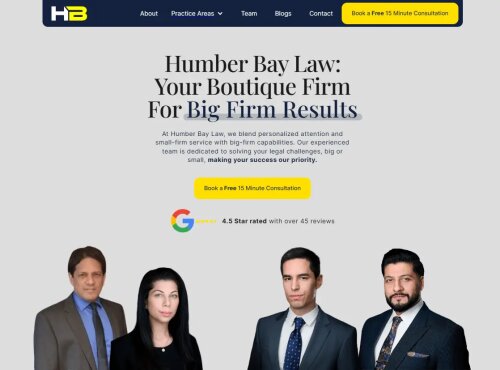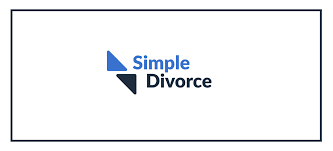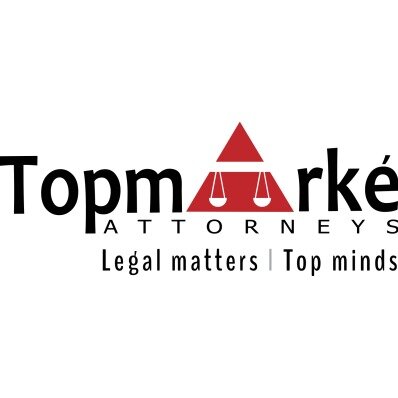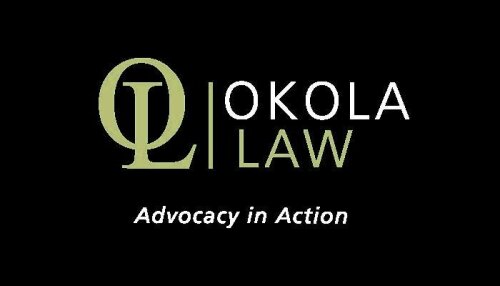Best Child Abuse Lawyers in Toronto
Share your needs with us, get contacted by law firms.
Free. Takes 2 min.
Free Guide to Hiring a Family Lawyer
List of the best lawyers in Toronto, Canada
About Child Abuse Law in Toronto, Canada
Child abuse is a serious issue that is taken very seriously by the legal system in Toronto, Canada. Child abuse refers to any form of maltreatment or harm inflicted upon a child, including physical, emotional, or sexual abuse, neglect, or exploitation.
Why You May Need a Lawyer
In situations involving child abuse, it is crucial to seek legal help to protect the rights and well-being of the child. Here are some common situations where people may require legal assistance:
- Reporting child abuse to the appropriate authorities
- Seeking custody or protective orders
- Pursuing criminal charges against the abuser
- Filing civil lawsuits for damages caused by child abuse
- Navigating child welfare investigations or court proceedings
Local Laws Overview
Child abuse is governed by various laws in Toronto, Canada. Some key aspects include:
- Criminal Code of Canada: The Criminal Code contains provisions that criminalize child abuse, including physical assault, sexual exploitation, and neglect. Offenders can face significant penalties, including imprisonment.
- Child and Family Services Act: This provincial legislation focuses on child protection, ensuring the well-being of children, and the rights and obligations of parents. It empowers child welfare agencies to investigate and intervene in cases of child abuse.
- Family Law Act: This legislation addresses issues related to custody, access, and support for children. It may be relevant in cases where child abuse affects parental rights and responsibilities.
Frequently Asked Questions
Q: What should I do if I suspect child abuse?
If you suspect child abuse, it is important to report your concerns to the Children's Aid Society (CAS) or local law enforcement as soon as possible. They will investigate the situation and take appropriate actions to protect the child.
Q: Can I remain anonymous when reporting child abuse?
Yes, you have the option to report child abuse anonymously. However, providing your identity might assist in the investigation process.
Q: How can I prove child abuse in court?
Proving child abuse in court typically requires evidence such as medical reports, witness testimonies, photographs, or other documentation. Consulting with a lawyer experienced in child abuse cases will provide you with guidance on the necessary evidence.
Q: Can I seek compensation for damages caused by child abuse?
Yes, you may pursue civil litigation to seek compensation for damages caused by child abuse. Consulting with a lawyer will help you understand the legal process and options available.
Q: What support services are available for child abuse victims and their families?
Various organizations and resources provide support to child abuse victims and their families. Some examples include the Children's Aid Society, local victim services, and counseling services specializing in child abuse trauma. They can provide guidance, counseling, and support throughout the legal process.
Additional Resources
- Children's Aid Society of Toronto: Website: www.torontocas.ca | Phone: (416) 924-4640
- Assaulted Women’s Helpline: Website: www.awhl.org | Phone: 1-866-863-0511
- Justice for Children and Youth: Website: www.jfcy.org | Phone: (416) 920-1633
- Victim Services Toronto: Website: www.victimservicestoronto.com | Phone: (416) 808-7066
Next Steps
If you need legal assistance regarding child abuse, we recommend taking the following steps:
- Consult with a lawyer experienced in child abuse cases to discuss your specific situation and concerns.
- Provide detailed information and any evidence available to support your case.
- Work closely with your lawyer to understand the legal processes, rights, and options available to address child abuse.
Lawzana helps you find the best lawyers and law firms in Toronto through a curated and pre-screened list of qualified legal professionals. Our platform offers rankings and detailed profiles of attorneys and law firms, allowing you to compare based on practice areas, including Child Abuse, experience, and client feedback.
Each profile includes a description of the firm's areas of practice, client reviews, team members and partners, year of establishment, spoken languages, office locations, contact information, social media presence, and any published articles or resources. Most firms on our platform speak English and are experienced in both local and international legal matters.
Get a quote from top-rated law firms in Toronto, Canada — quickly, securely, and without unnecessary hassle.
Disclaimer:
The information provided on this page is for general informational purposes only and does not constitute legal advice. While we strive to ensure the accuracy and relevance of the content, legal information may change over time, and interpretations of the law can vary. You should always consult with a qualified legal professional for advice specific to your situation.
We disclaim all liability for actions taken or not taken based on the content of this page. If you believe any information is incorrect or outdated, please contact us, and we will review and update it where appropriate.














